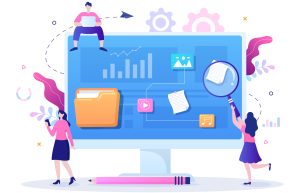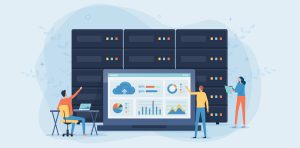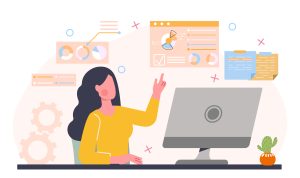Long before ChatGPT arrived on the hype cycle, many of us were considering what artificial intelligence (AI) technology could mean for scholarly publishing – how it might change processes developed over centuries, and how publishers should react.
or










